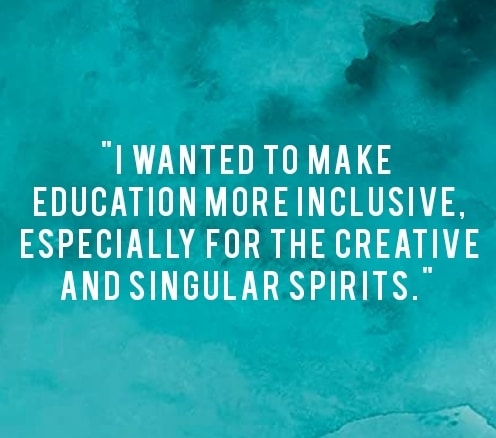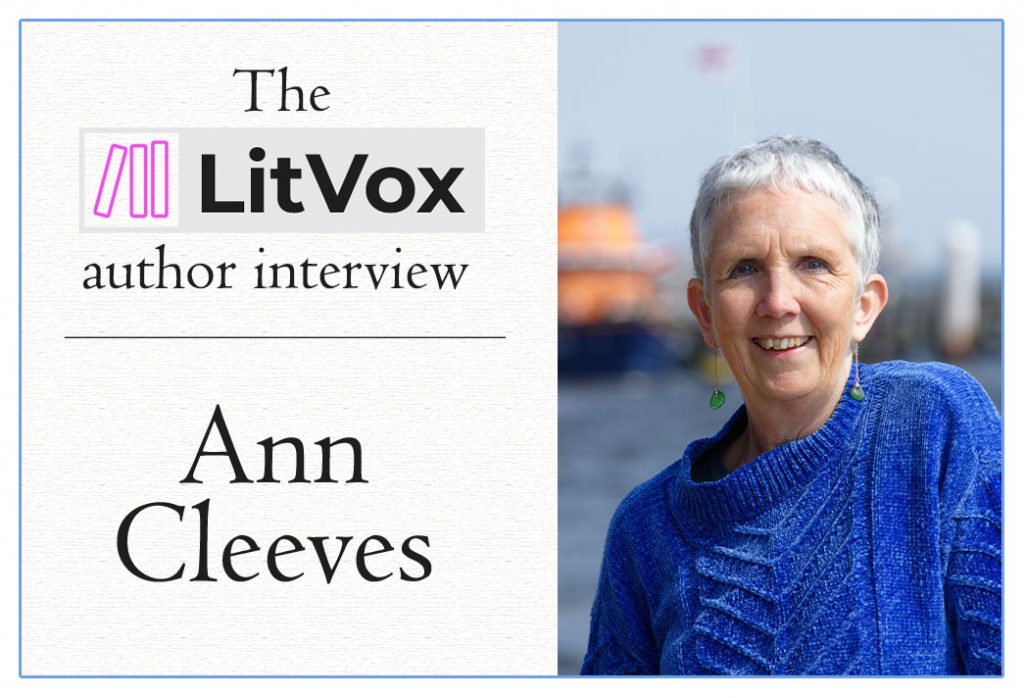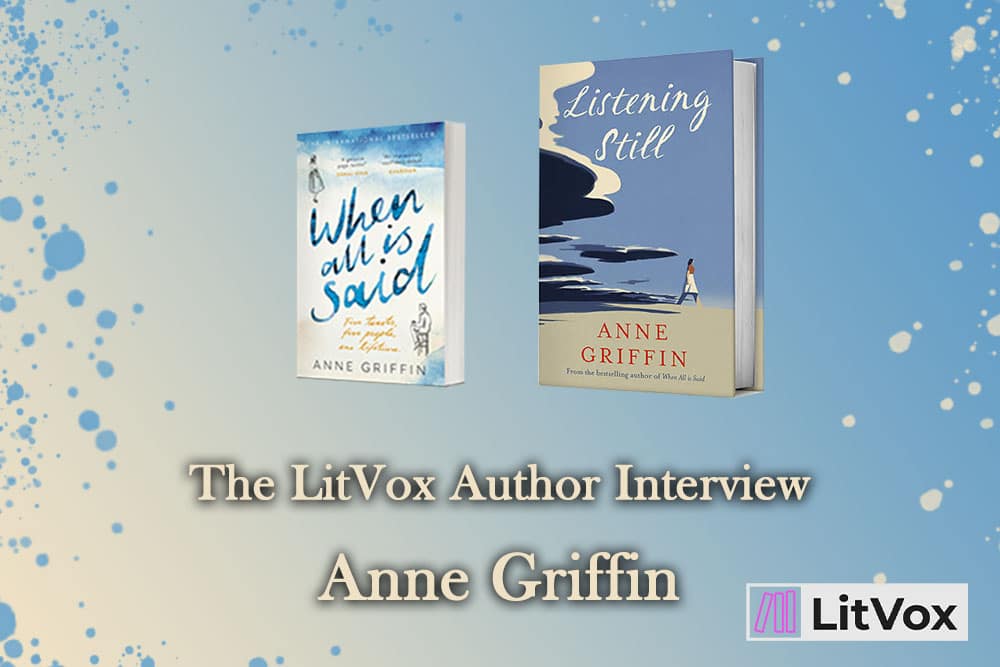A wildly talented writer from the west of Ireland, Elaine Feeney’s 2020 debut novel, As You Were, earned her an incredibly impressive array of coveted literary awards. How To Build a Boat is her beautiful and tender second novel, and is the story of how one boy and his mission transforms the lives of his teachers, Tess and Tadgh, and brings together a community.
At once a moving portrait of grief and allyship, and an important exploration of the Irish education system, this book, written with such warmth and care, is one to hold in your heart for years to come. We might have only just reached May but How To Build a Boat is definitely one of our favourite books of the year.
We were so grateful and excited to get to put a few questions to the lovely Elaine Feeney about this story, her writing and her favourite books.
How To Build A Boat follows the intersecting lives of two teachers and a young boy who has just started at their school, what drew you to write about this dynamic?
I had the character of Jamie, the young boy about to embark on his first day at secondary school, for a long time, years in fact. He was constantly chattering at me, saying: Did you know that? My son was starting secondary school some years ago, and when I was pregnant with him, I had a brain clot and was hospitalised for a long time, and during this time I was so convinced I would die. So, at different times in his life, I spiral a little, considering how everything might have turned out had I not been so lucky. I was imagining for ages, if he had been sent to an all-boys school like Jamie in the novel and it grew from here. I taught in three all-boys’ schools during my teaching career, and I wanted to explore the dynamic because I found them very difficult places. I was drawn to how a boy like Jamie, with neurodiversity, might fit in. Or not fit in.
Jamie is undoubtedly an outcast in his school, flummoxed by the expected norms of adolescence and masculinity his peers seem to easily encapsulate. As a teacher, was it important to you to write about those who don’t fit as easily into what society expects?
I wanted to write about a boy who was unwilling to accept the hyper masculinity around him, but not quite sure of the why of all of that. I hated school, I never felt like I belonged or that I understood anything about the social contracts, or the personas people adapt in the school setting. Oddly, considering my school experience, I wanted to be a teacher––but as I loved writing as a teenager, I wanted to pass on that love of creativity to students. I wanted to make education more inclusive, especially for the creative and singular spirits. However, the institution can be far more powerful than the individual.
I went into writing How to Build a Boat to try to explore this dynamic. The societal expectations on young people can be so overwhelming. Especially in adolescence, when the pressures are immense. I think teenagers are often the best thing about the world, their perspectives are so fresh, unique, and challenging and I wanted this book to examine this. And also, how teachers, like Tadhg and Tess, themselves outside the system for different reasons, can offer some space to a student like Jamie.
As my son inspired the text so much, I was desperate to leave something good in the world. It’s a love letter to him in many ways.
I would love to see How to Build a Boat on school syllabi, to be studied and absorbed into the lives of teenagers around the country. What would you like people to take away from Jamie’s story?
This is such a lovely thing to say, thank you! I would love to see it there too. Thinking on myself as a teenager, this novel hopefully reflects something on the loneliness and isolation we can all feel at different times in life, but that we can recognize that this too will pass. Also be yourself, whatever else, believe in yourself.
I think it speaks a little to allyship, to the intersection between art and science, trusting your intuition, and what energy can do. Mostly, I think it’s saying that it’s OK to work things out in your own way––creativity and originality should always have a space in your life. Also, that Points System and grades are just letters and numbers––you are more than the sum of these things, there are many paths.
I would also like readers to understand and /or identify with the sensory overwhelm the novel represents, and that this is a lived experience for many students, and that it can be bewildering. At its core I hope it reimagines a post-capitalist world. That we have enough already.
Can you see yourself ever writing about Jamie, Tess and/or Tadgh again?
A friend of mine who lives in the US, just texted and said, ‘please write more, I want a series called Emory’. I don’t know – if readers wanted it, maybe.
Since finishing How to Build a Boat, I can’t stop talking about it and recommending it. Do you have a go-to book that you recommend to everyone?
This is so lovely to hear. I always recommend poetry to people, and its usually what I have just read and loved. I just finished Dylan Brennan’s Let the Dead this afternoon, and it is such a powerful collection. It’s out in June with Banshee Press.
You have also published many beautiful poetry collections, how does the experience of writing poetry differ from your experience writing a novel?
Poetry comes from a different place in me, in my body, I can feel a poem coming on. It has a nervous energy for me. Prose is different––like the nine-to-five in ways. That said, there are many moments in How to Build a Boat that I had the same feeling as I do when I write poems, especially towards the end and on to the epilogue. I was sure my editor, Kate, would want to cut it, but she didn’t, she loved it and I am so grateful. So, I guess, you could say, I sneaked some poetry in there.
Yet another huge congratulations on your fantastic story Same, Same being published in the Paris Review. Is it time to sit back and relax for a while or are you currently working on any upcoming projects?
Oh! Thank You so much for reading that. It was so exciting to get published in the Paris Review. Emily Stokes, the editor, rang me up one day after I had submitted the story, to chat about it. It felt surreal. She was so generous about my work. The editing experience was amazing here also and I feel a novella growing from that story, Same, Same. The character Tom, much like Jamie, is hanging around me, so I might have to investigate. I’m always working, but I don’t feel under any pressure at the moment, that’s when I’m happiest and write best I think.

What do you think is the most important thing one needs to write well?
The bills need to be paid.
What are you currently reading? Are you enjoying it?
I am reading Una Mannion’s new novel Tell Me What I Am and I’m hooked. She is an amazing, gifted writer.
What books are you most excited for this year?
I am thrilled with all Louise Kennedy’s success this year, that has me excited. I loved Michael Magee and Nicole Flattery’s new novels. Karl Geary’s Juno Loves Legs is stunning. There is no shortage of Irish writing at the moment and I am probably leaving out half the parish here, so for this, I’m sorry! I am hugely looking forward to Anne Enright’s new novel, The Wren, The Wren.
How To Build A Boat is out now and is already one of our favourite books of the year!






